
Have you ever wondered what the most important thing is when trying to learn a new language? That’s right, verbs. And to be able to use them, you need to familiarize yourself with their conjugations. This applies to Hungarian even more so, because it’s a complicated language and Hungarian verb conjugation can be tricky.
For example, the Hungarian lenni conjugation is quite challenging, as the spelling of the word completely changes from one verb tense to the other. But fear no more! Here at HungarianPod101.com, we’re going to walk you through it.
Our goal is for you to have the chance to learn about conjugation in Hungarian in the easiest and most comprehensible way. In this article, you’ll get to know the basic Hungarian verb conjugation rules, and see how they look for yourself.
If you want to maximize the amount of information you retain from this lesson, it might be wise to check out a few Hungarian conjugation tables to see how it works more clearly. We also recommend that you do a little Hungarian conjugation practice to really learn how to apply these rules.
We hope you’re ready to learn about conjugation in Hungarian, because we’re thrilled you’ve chosen us as a companion for this challenging journey. If you’re brave and persistent enough, you’ll get the hang of Hungarian conjugation in no time.
So, let’s get started!
 Table of Contents
Table of Contents
- What is Conjugation?
- Hungarian Determined and Undetermined Conjugations
- Hungarian Infinitive Conjugation
- Hungarian Verb Conjugation Concerning Tenses
- Hungarian Verb Conjugation Moods
- Conclusion: HungarianPod101.com Brings Out the Best in You
1. What is Conjugation?

To be able to start learning about how to conjugate Hungarian verbs, it’s very important to get this question out of the way.
So, what does “conjugation” mean? Why is it so crucial when speaking Hungarian?
Well, first of all, verbs are the core of a sentence in every language. Second, in order for your sentences to make sense, and for you to say what you actually mean to say, it’s essential to use the right Hungarian verb tenses and conjugations.
By definition, conjugation is “the variation of the form of a verb in an inflected language by which the voice, mood, tense, number, and person are identified.”
Consequently, Hungarian verbs can be:
- First, Second, or Third Person
- Singular or Plural
- Undetermined or Determined
- Realis Mood, Conditional Mood, or Imperative Mood
- Present Tense, Past Tense, or Future Tense
In the case of Hungarian—an agglutinative language—conjugation is done by attaching suffixes to the end of the verbs. And these suffixes indicate, among other things, if the verb is in first, second, or third person. Thus, Hungarian does not use personal pronouns (like English) unless someone wants to emphasize the subject.
- “They cook.”
Főznek.
The Hungarian verb suffixes also give away whether we’re talking about one person or multiple people (singular or plural).
- “She sleeps.”
Alszik.
- “We drive.”
Vezetünk.
Below, you can see all the possible Hungarian verb endings regarding persons and their number.
I (én): -m, -k we (mi): -juk, -jük, -unk, -ünk
you (te): -d, -sz, -l you (ti): -játok, -itek, -tok, -tek, -tök
he/she/it (ő/az): -ja, -i, -ik they (ők): -ják, -ik, -nak, -nek

2. Hungarian Determined and Undetermined Conjugations
Hungarian conjugations can be undetermined or determined. Or, in other words: definite and indefinite.
This type of Hungarian conjugation is used to differentiate between objects. In sentences where the Hungarian indefinite conjugation is used, the object in question is unknown—or, if you will, indefinite. On the contrary, when the definite conjugation is used, the object that is being talked about is a known, particular thing or person.
For a beginner, this concept can be quite overwhelming, as it’s rather hard to decide which one to use at first.
1- “Read” (olvasni)
Definite: “I’m reading (the book).” — Olvasom a könyvet.
Indefinite: “I’m reading (something).” — Olvasok.
2- “See” (látni)
Definite: “They see the rose.” — Látják a rózsát.
Indefinite: “They see a rose (unknown rose).” — Látnak egy rózsát.
3- “Write” (írni)
Definite: “I’m writing the article (a specific article).” — Írom a cikket.
Indefinite: “I’m writing (an article/something).” — Írok (egy cikket).
4- “Love” (szeretni)
Definite: “I love the girl.” — Szeretem a lányt.
Indefinite: “I love a boy.” — Szeretek egy fiút.
5- “Ask” (kérni)
Definite: “I ask for the salt.” (As in: “Pass me the salt.”) — Kérem a sót.
Indefinite: “I ask for a ball.” (As in: “Buy me a ball.”) — Kérek egy labdát.
6- “Cook” (főzni)
Definite: “I’m cooking the pasta.” — Főzöm a tésztát.
Indefinite: “I’m cooking (something).” — Főzök (valamit).
7- “Paint” (festeni)
Definite: “I’m painting the walls.” — Festem a falakat.
Indefinite: “I’m painting a portrait.” — Festek egy portrét.
What you have to keep in mind is the following:
In Hungarian definite conjugation, verbs have definite suffixes attached to their stem; likewise, indefinite conjugation requires indefinite suffixes attached to the stems.
If you take a look at the examples above, you can see that the suffixes changed depending on whether the subjects knew the object or not.
- “They see the rose.” (Látják a rózsát.)
In this case, the object is a specific rose, one that “they” know and are able to recognize.
- “They see a rose.” (Látnak egy rózsát.)
In this case, the object is not a specific rose; it’s one that “they” do not know and are not able to identify.
Here, in the same Hungarian conjugation chart as above, you can see suffixes of both definite and indefinite conjugation of every person and number. As you can see, in the first person singular, there is no indefinite ending.
I (én): -m, -k we (mi): -juk, -jük, -unk, -ünk
you (te): -d, -sz, -l you (ti): -játok, -itek, -tok, -tek, -tök
he/she/it (ő/az): -ja, -i, -ik they (ők): -ják, -ik, -nak, -nek

There are cases when it’s not easy to decide which Hungarian conjugation type to use. For example, if you can’t find any articles (neither definite nor indefinite ones) in a sentence.
Use Hungarian indefinite conjugations:
1. If there is no article.
“They are watching a movie.” (Filmet néznek.)
2. In the case of undetermined pronouns.
“Anything they give me is fine.” (Bármit adnak, megfelel.)
3. In the case of an unknown noun that is in plural form.
“I cut vegetables.” (Zöldségeket vágok.)
Use Hungarian definite conjugations:
1. In the case of demonstrative pronouns.
“I invited that guy.” (Meghívtam azt a srácot.)
2. In the case of actual names, or known people.
“We tricked Sam.” (Megtréfáltuk Samet.)
Hungarian verb conjugation endings (if you use a definite or an indefinite ending) are of high importance. This is because a person often appears uneducated if they don’t use the -m ending for -ik verbs in the first person singular present form.
Hungarian -ik verbs are the citation form of a verb, also known as the spoken form of a word when it stands alone (like in dictionaries). They’re called the -ik verbs because their last syllable is -ik.
- “I’m sleeping.”
Alszom. (Alszok.)
“Pseudo -ik verbs” exist in Hungarian too, and in their case, the -m ending is impossible. Moreover, it’s ungrammatical.
8- “Flow” (Folyni)
- “The water flows.”
Folyik a víz.
- “I flow.”
Folyom.
Does your language have definite and indefinite conjugation as well?

3. Hungarian Infinitive Conjugation
The infinitive form is the basic verb form in Hungarian, just like in most languages. The reason for this is that this form of verbs has no suffix at all, and thus are the simplest.
In Hungarian verb conjugation, the infinitive form is in:
- Present tense
- Third person singular
- Indicative mood and uses
- Indefinite conjugation
Take for example:
- “To speak” (beszélni)
- “To love” (szeretni)
- “To sing” (énekelni)
- “To wait” (várni)
- “To smile” (mosolyogni)
In some cases, a linking vowel is needed for the Hungarian infinitive verb to be pronounced correctly.
- “To help” (segíteni)
- “To move” (mozdítani)
- “To hear” (hallani)
There are some irregularities regarding infinitives, as well:
| Hungarian Infinitive | Hungarian Citation Form | English Infinitive |
| enni | eszik | “to eat” |
| inni | iszik | “to drink“ |
| menni | megy | “to go” |
| vinni | visz | “to bring” / “to carry” |
| jönni | jön | “to come” |
| hinni | hisz | “to believe” |
| tenni | tesz | “to put” / “to do” |
Do you know when and how to use the Hungarian infinitive? If not, keep reading.
The infinitive form is mostly used when the action we want to express is the subject or object of the sentence, but the noun form of the same expression could easily be used too.
- “Winning is great.” — Győzni nagyszerű. (A győzelem nagyszerű.)
- “Eating is needed.” — Enni szükséges. (Az evés szükséges.)

4. Hungarian Verb Conjugation Concerning Tenses
In Hungarian, there are only three tenses: Past, Present, and Future. Each of them has their own way of conjugating.
First, let’s take a look at the Hungarian present tense conjugations, as there are two types of these.
Present:
“Simple present” does not have suffixes. It’s formed with the basic Hungarian conjugation, as follows:
- “To sit” (ülni)
This verb can only be conjugated with indefinite endings. You might want to scroll back up to review them in the Hungarian verb conjugation table.
I sit — (én) ülök we sit — (mi) ülünk
you sit — (te) ülsz you sit — (ti) ültök
he/she/it sits — (ő/az) ül they sit — (ők) ülnek
Do you still remember? As mentioned earlier, Hungarian does not use personal pronouns (like English) unless someone wants to emphasize the subject. This is why the personal pronouns are in parentheses above.
The kind of “present” tense that works similarly to the English “present continuous,” (“verb + -ing” form), is formed by attaching –ó or –ő to the end of verbs. They work as adjectives and come before the noun they refer to.
Here are some examples:
1- “Reads” – olvas + –ó = olvasó » “reading”
- “The guy reading seems smart.”
Az olvasó srác okosnak tűnik.
2- “Sits” – ül + -ő = ülő » “sitting”
- “The girl sitting is pretty.”
Az ülő lány csinos.
Past:
The past tense, which is usually formed as “verb + -ed” in English, looks like “verb + -t/-tt” in Hungarian. Hungarian words with -t or -tt suffixes also work as adjectives.
- “The ship sunk.”
A hajó elsüllyedt.
- “The sunken ship is at the bottom of the ocean.”
Az elsüllyedt hajó az óceán fenekén van.
- “He drank a lot.”
Sokat ivott.
- “The drunken beverage was coke.“
A megivott ital kóla volt.
Meg- in the second example sentence is a prefix often used before verbs. The stem of the verb is inni, which is in past tense—in this case, (-tt)—with a linking vowel (“o,” which also appears in the first example).
Future:
One way to indicate future tense in Hungarian is by means of a future participle. This is a specific form of a verb that plays a similar role in the sentence as an adjective or adverb. The future participle is formed as “to be …-ed” in English, and with the suffixes -andó and -endő in Hungarian. It expresses an obligation that has to be done at some point in the future.
- “The meat to be cooked is on the kitchen counter.”
A megfőzendő hús a konyhapulton van.
- “The distance to be swam is not that long.”
A leúszandó táv nem olyan nagy.
Again, le- here is a prefix to the verb úszni. Also, Hungarian uses the adjectives “big” and “small” for distance, rather than the English words “long” and “short.”
Note that the true future tense in Hungarian is not formed using the aforementioned future participles. Instead, it’s constructed using the appropriate conjugation form of the auxiliary verb fogni and the infinitive form of the verb.
- “I will go to the market tomorrow.”
Holnap el fogok menni a piacra.
- “He will surely get accepted to the university.”
Biztosan fel fogják venni az egyetemre.
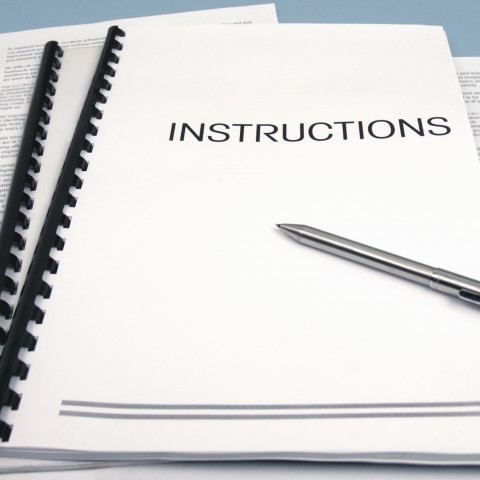
5. Hungarian Verb Conjugation Moods
Below you can find the moods Hungarian has as well as the tenses they’re used in:
- Indicative/Realis Mood: present, past, future
- Imperative/Subjunctive Mood: present
- Conditional Mood: present, past
This mood is mainly used to indicate that something is a statement or a fact, like in declarative sentences.
- “I sleep.” (Alszom.)
- “I ate an apple.” (Ettem egy almát.)
- “They will be.” (Lesznek.)
Imperative:
Usually, commands and requests are expressed using the imperative mood. And unlike in French, for example, Hungarian imperatives exist in all persons and numbers. In addition, unlike in English (which uses regular full-stops), there’s an exclamation mark at the end of each imperative sentence at all times.
The imperative mood is usually formed with a -j suffix. However, if the word ends with a sibilant (-s, -zs, -sz, -z), the -j will, in most cases, transform into the last sibilant of the word’s stem.
- “Leave me alone.” (Hagyj békén!) “Dig.” (Áss! [Ás + -j])
- “Go away.” (Menj el!) “Pull me out.” (Húzz ki! [Húz + -j])
- “Don’t shout.” (Ne kiabálj!) “Let’s play.” (Játsszunk!)
- “Let’s start.” (Kezdjünk!) “Believe me (both of you).” (Higgyétek el!)
Conditional:
By using the present conditional mood, one expresses events that have little chance of happening in the present or the future.
Suffixes used: -na, -ne, -ná, -né (and their conjugated forms, depending on the person and the number).
- “If she kissed me, I would faint.” (Ha megcsókolna, elájulnék.)
Meg- and el- are Hungarian verb prefixes in this sentence.
The past conditional is used for those events that could have happened in the past, but did not.
Auxiliary verb: volna (the conditional form of the verb “to be,” or lenni in Hungarian).
- “If they hadn’t met me, they would have never gotten here.” (Ha nem találkoztak volna velem, sosem jutottak volna idáig.)
Do you know the ad Hungarian conjugation in conditional form?
6. Conclusion: HungarianPod101.com Brings Out the Best in You

By now, you’ve not only learned the basics of how to conjugate Hungarian verbs, but also about the different tenses and moods in Hungarian. You’ve even gotten the hang of Hungarian definite and indefinite conjugation!
Now all that’s left to do is a little Hungarian verb conjugation practice. Read more of our articles, and you’ll be the master of Hungarian verb conjugation in a fortnight.
The reason for this is that with the help of this guide, you’ve managed to acquire the basics. So now you have a firm foundation on which you can build the whole process of Hungarian language-learning. It’s going to be a tough journey, but if you join us at HungarianPod101.com, you’ll never have to face hardships alone.
Don’t hesitate to sign up and be a part of this great community of language learners. With us, studying has never been so much fun.
What have you learned from this article? Do you know how many verb tenses there are in Hungarian? Let us know in the comments.





















 Table of Contents
Table of Contents

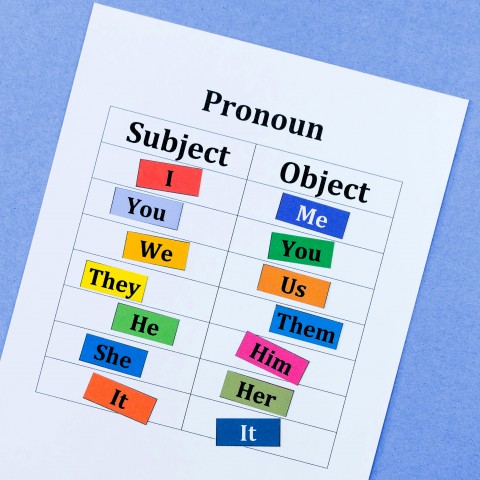



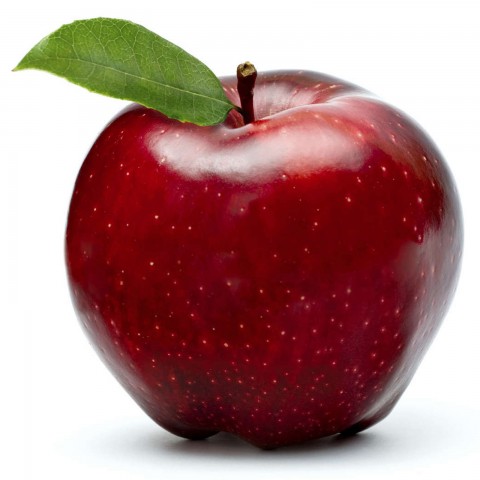

 Table of Contents
Table of Contents

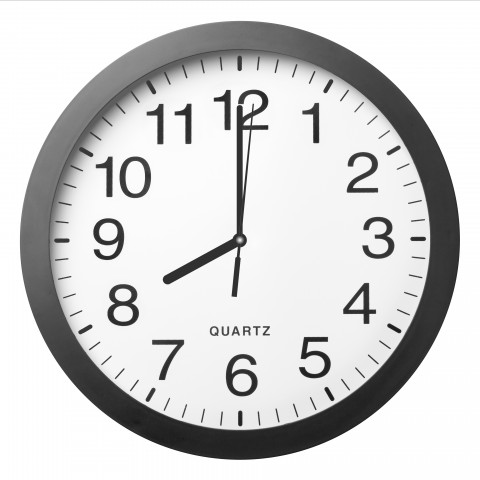
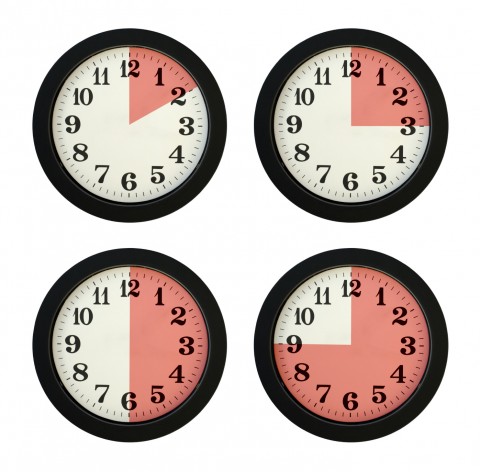









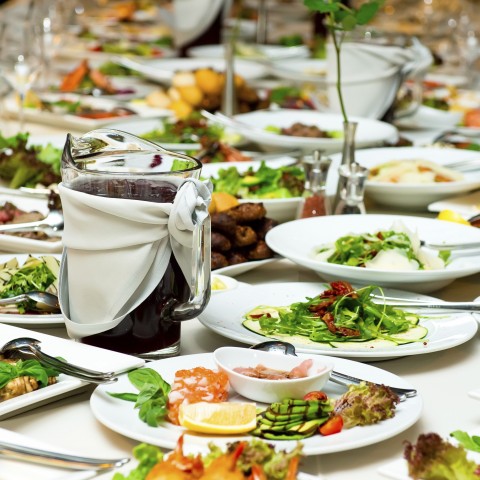










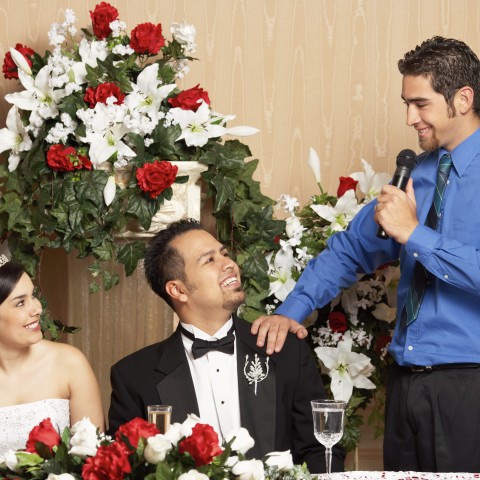












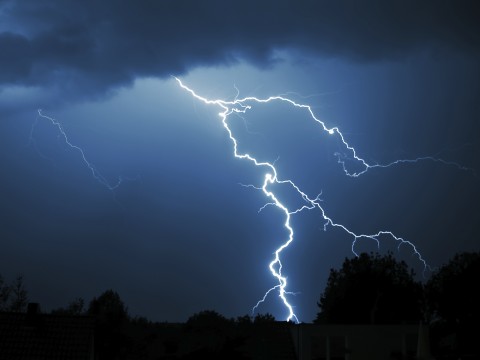







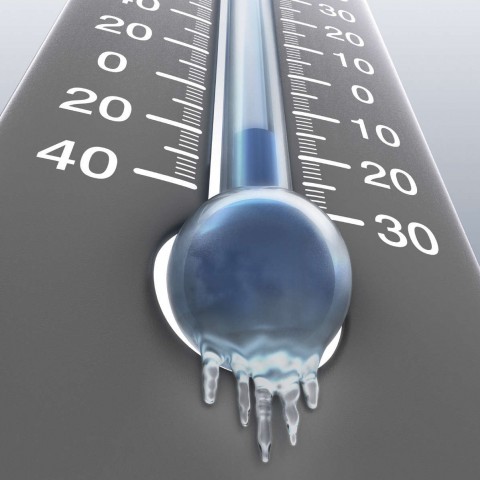























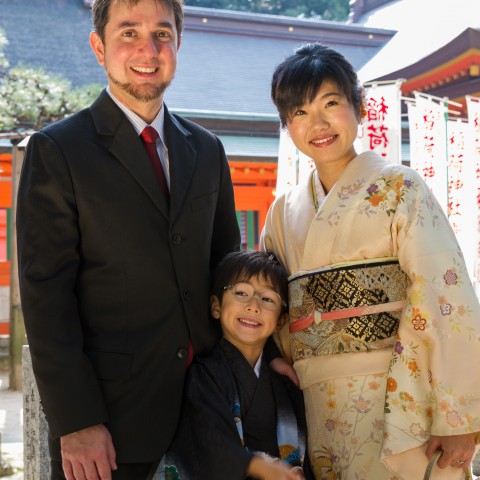



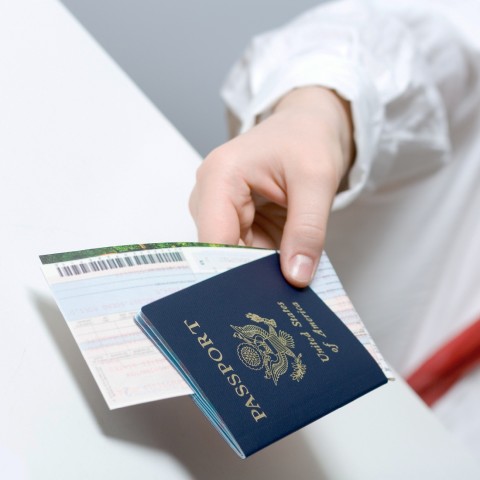
 Table of Contents
Table of Contents





